David Attenborough's Zoo Quest Expeditions: The memoir of a young, madcap film maker
Sir David Attenborough's memoir of some of his earliest expeditions is endlessly charming – but it's the people rather than the animals who are the stars of the show, says Patrick Galbraith.
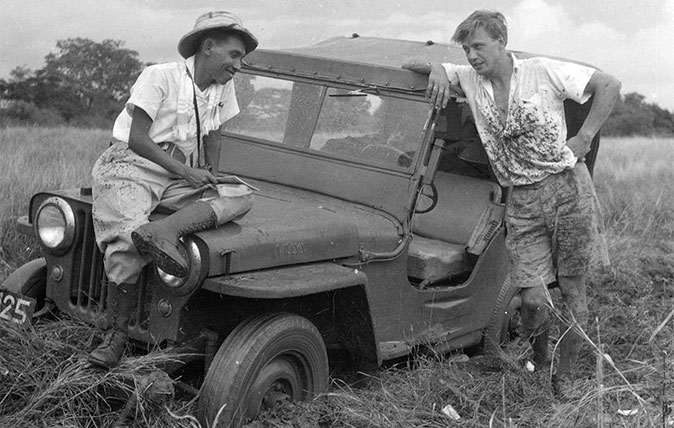

In the mid 1950s, a young David Attenborough set off across Guyana, Indonesia and Paraguay with a large number of cigarettes and reels of 16mm film in search of extraordinary creatures for one of the BBC’s first nature programmes.
The Zoo Quest Expeditions is the story of those voyages. Originally published in 1980 and now re-issued by Two Worlds, it’s a pleasing testament to the enduring power of the written word that his tales convey the beauty of the wild world just as captivatingly as any of his contemporary TV hits.
The Attenborough we know and love today might be a rather grand old man famed for his soothing, wise timbre, but, in these pages, there’s a madcap filmmaker on display. It’s hard not to smile when reading about an escapee pig being chased down a Guyanese river or the capture of a savage caiman with a makeshift lasso.
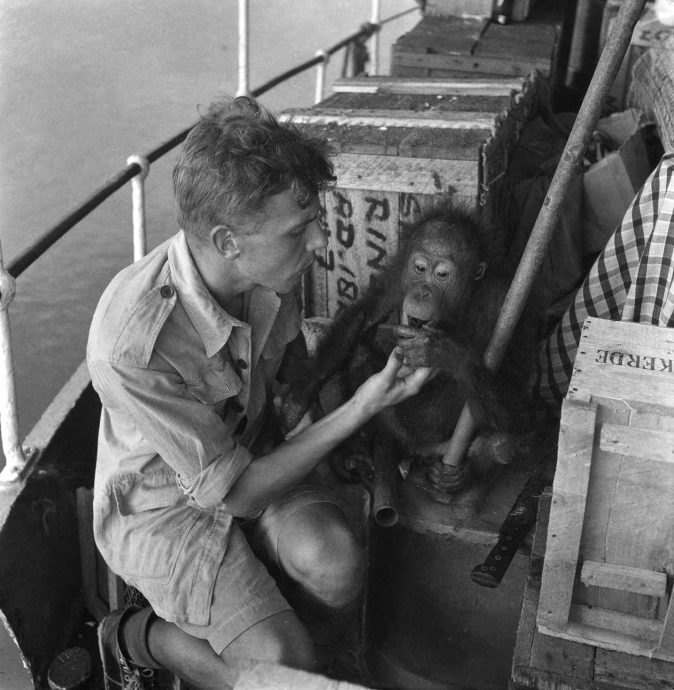
However, in many ways, what makes this book such a good read is that so much of its charm lies not in Sir David remembering the animals that he caught, but, rather, his memories of the curious people he met.
Tiny McTurk, a pioneering cattle rancher who takes the young naturalist off to search for Jabiru storks, is one such. In response to a rodent infestation in his ramshackle house, Tiny innovatively captures a rat-devouring boa constrictor and installs it, to great effect, in his hallway.
There’s a lot here, too, for the armchair anthropologist, as Sir David recalls encounters with a variety of tribes, such as the group of Amerindians with whom he spends an evening as they call ‘spirits down from the sky’ to make their ailing chief well again.
Throughout The Zoo Quest Expeditions, Sir David conveys tremendous respect for all that he encounters, human and animal alike. But unlike so many natural-history books of late, this is not a worthy deluge of gloomy decrees about the environmental irresponsibility of Man. It’s a memoir of tremendous positivity, conjuring up the fascinating ability of Nature to unite and inspire us.
Sign up for the Country Life Newsletter
Exquisite houses, the beauty of Nature, and how to get the most from your life, straight to your inbox.
Adventures of a Young Naturalist: The Zoo Quest Expeditions by David Attenborough (Two Roads, £25)
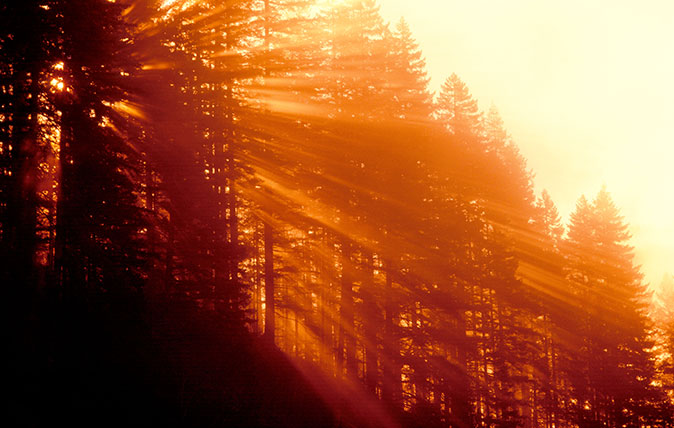
Credit: Alamy
The joys of farming in December: Winter sunshine, leaping sheep and hens who lay an extra Christmas present
Rosamund Young, author of The Secret Life of Cows, on sparing walnut trees, freeing sheep and a very special Christmas
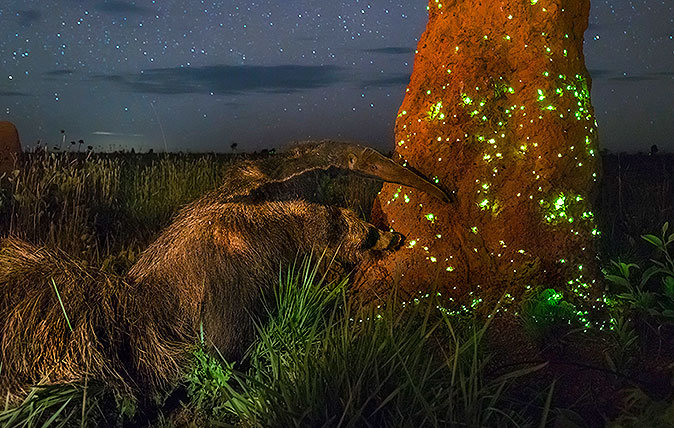
The Wildlife Photographer of the Year winners are inspiring, funny, uplifting – and shocking
The winning images from the Natural History Museum's 53rd Wildlife Photographer of the Year competition will make you laugh and
Country Life is unlike any other magazine: the only glossy weekly on the newsstand and the only magazine that has been guest-edited by HRH The King not once, but twice. It is a celebration of modern rural life and all its diverse joys and pleasures — that was first published in Queen Victoria's Diamond Jubilee year. Our eclectic mixture of witty and informative content — from the most up-to-date property news and commentary and a coveted glimpse inside some of the UK's best houses and gardens, to gardening, the arts and interior design, written by experts in their field — still cannot be found in print or online, anywhere else.
-
 'To exist in this world relies on the hands of others': Roger Powell and modern British bookbinding
'To exist in this world relies on the hands of others': Roger Powell and modern British bookbindingAn exhibition on the legendary bookbinder Roger Powell reveals not only his great skill, but serves to reconnect us with the joy, power and importance of real craftsmanship.
By Hussein Kesvani
-
 Spam: The tinned meaty treat that brought a taste of the ‘hot-dog life of Hollywood’ to war-weary Britain
Spam: The tinned meaty treat that brought a taste of the ‘hot-dog life of Hollywood’ to war-weary BritainCourtesy of our ‘special relationship’ with the US, Spam was a culinary phenomenon, says Mary Greene. So much so that in 1944, London’s Simpson’s, renowned for its roast beef, was offering creamed Spam casserole instead.
By Country Life
-
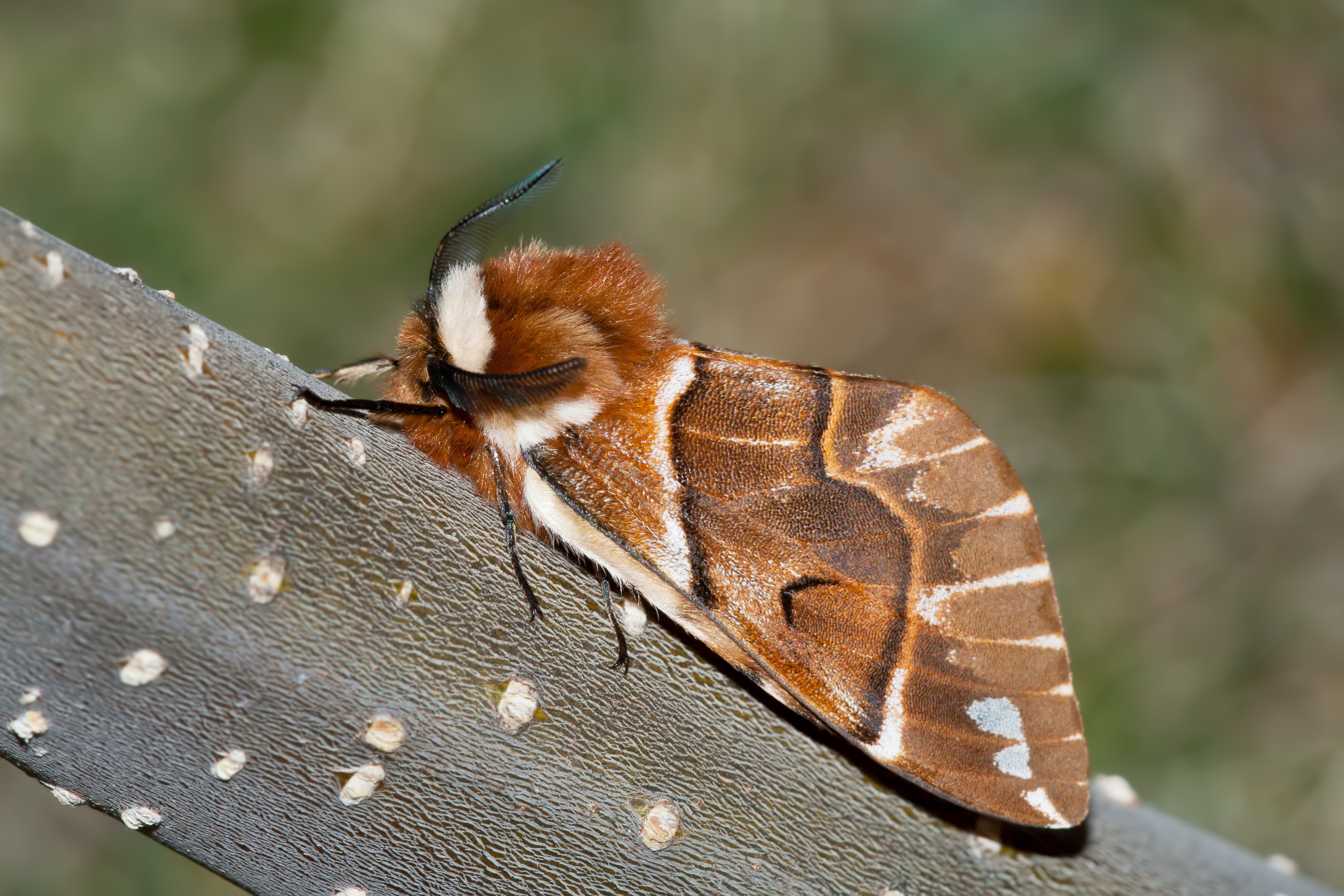 In all its glory: One of Britain’s most striking moth species could be making a comeback
In all its glory: One of Britain’s most striking moth species could be making a comebackThe Kentish glory moth has been absent from England and Wales for around 50 years.
By Jack Watkins
-
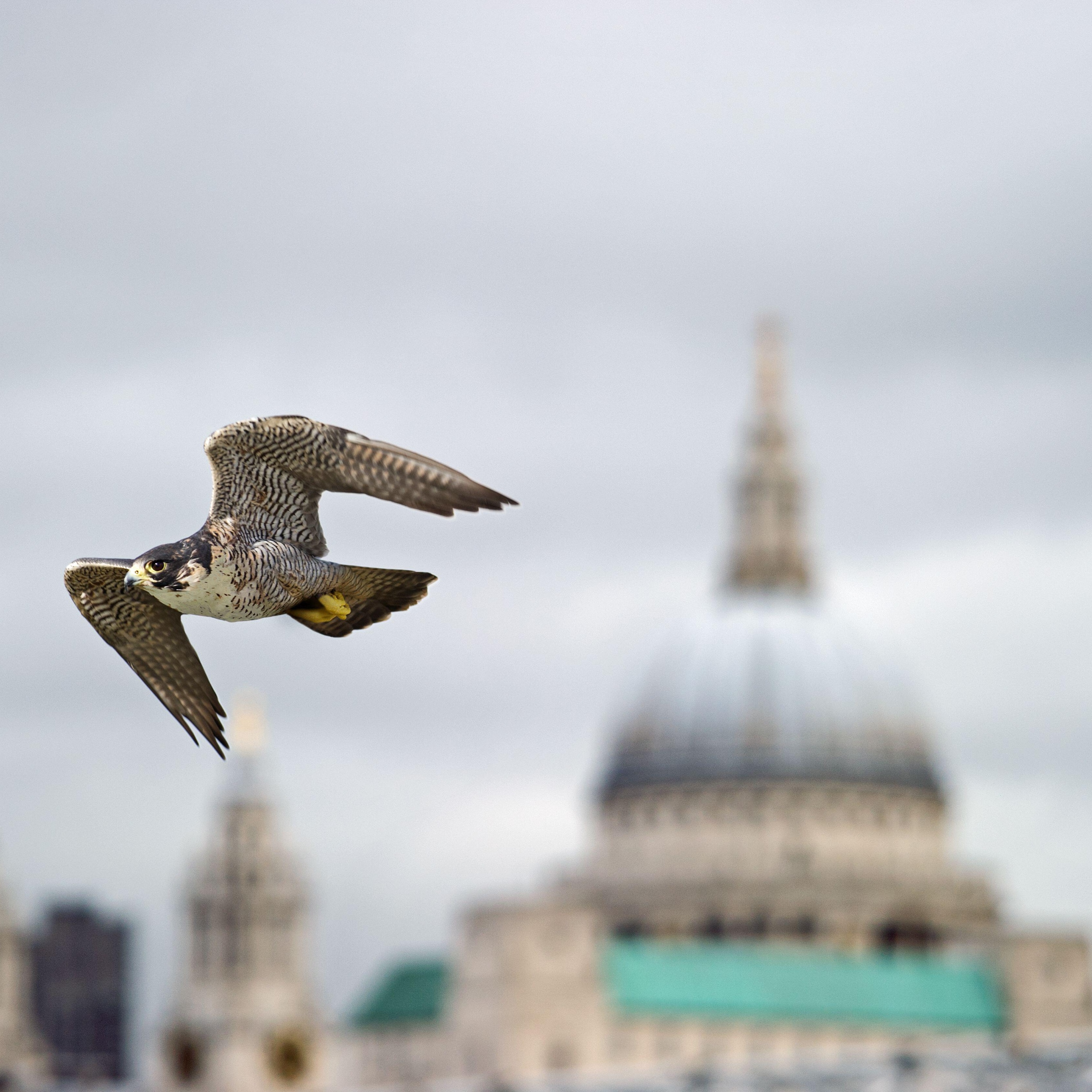 The birds of urban paradise: How to get twitching without leaving the city
The birds of urban paradise: How to get twitching without leaving the cityYou don't need to leave the concrete jungle to spot some rare and interesting birds. Here's a handy guide to birdspotting in Britain's towns and cities.
By Richard Smyth
-
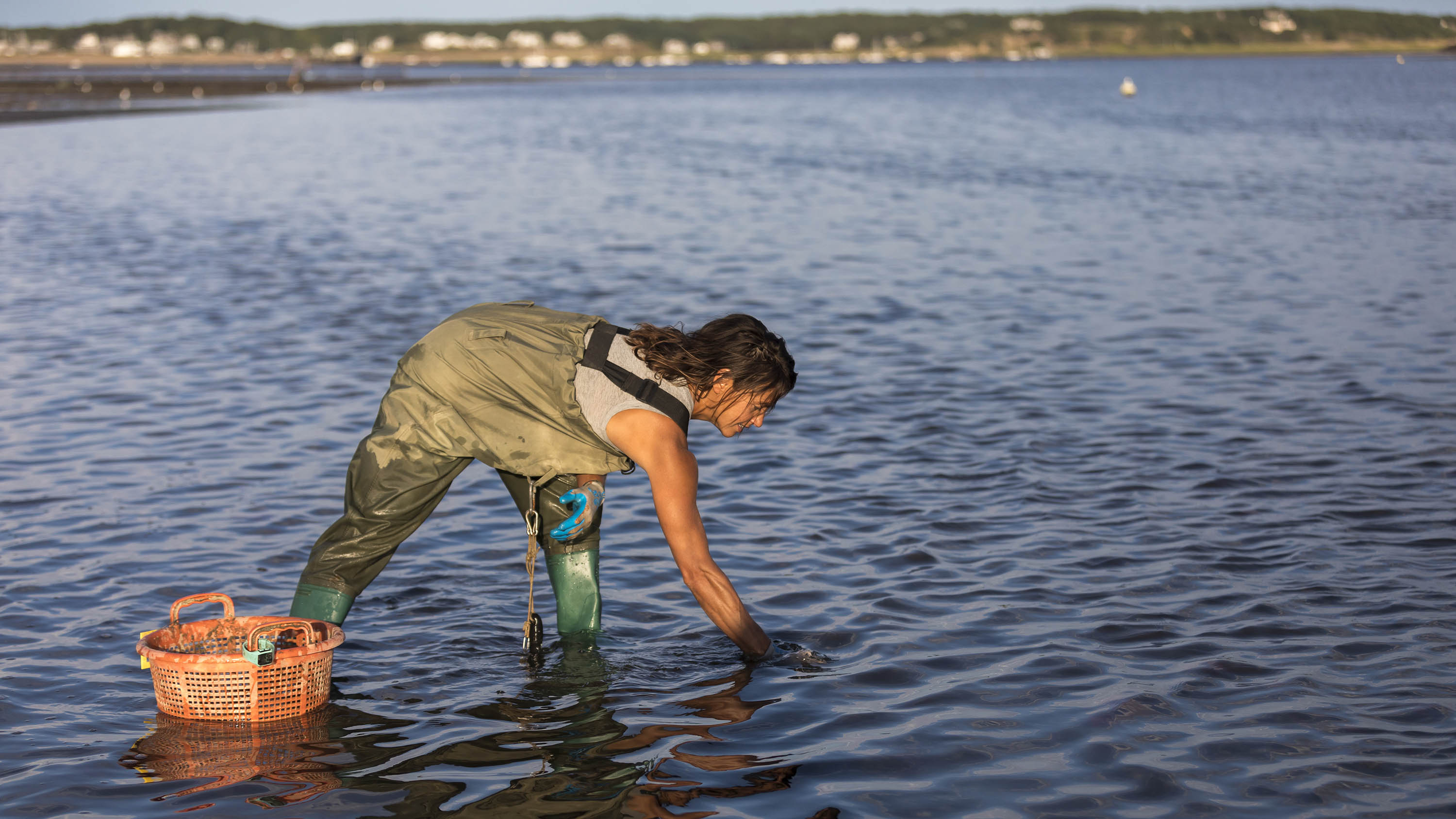 Food with a pinch of salt: The crops we can harvest from the sea
Food with a pinch of salt: The crops we can harvest from the seaFilling, rewarding and nutritious, vegetables and plants grown in saline environments — whether by accident or design — have plenty of potential. Illustration by Alan Baker.
By Deborah Nicholls-Lee
-
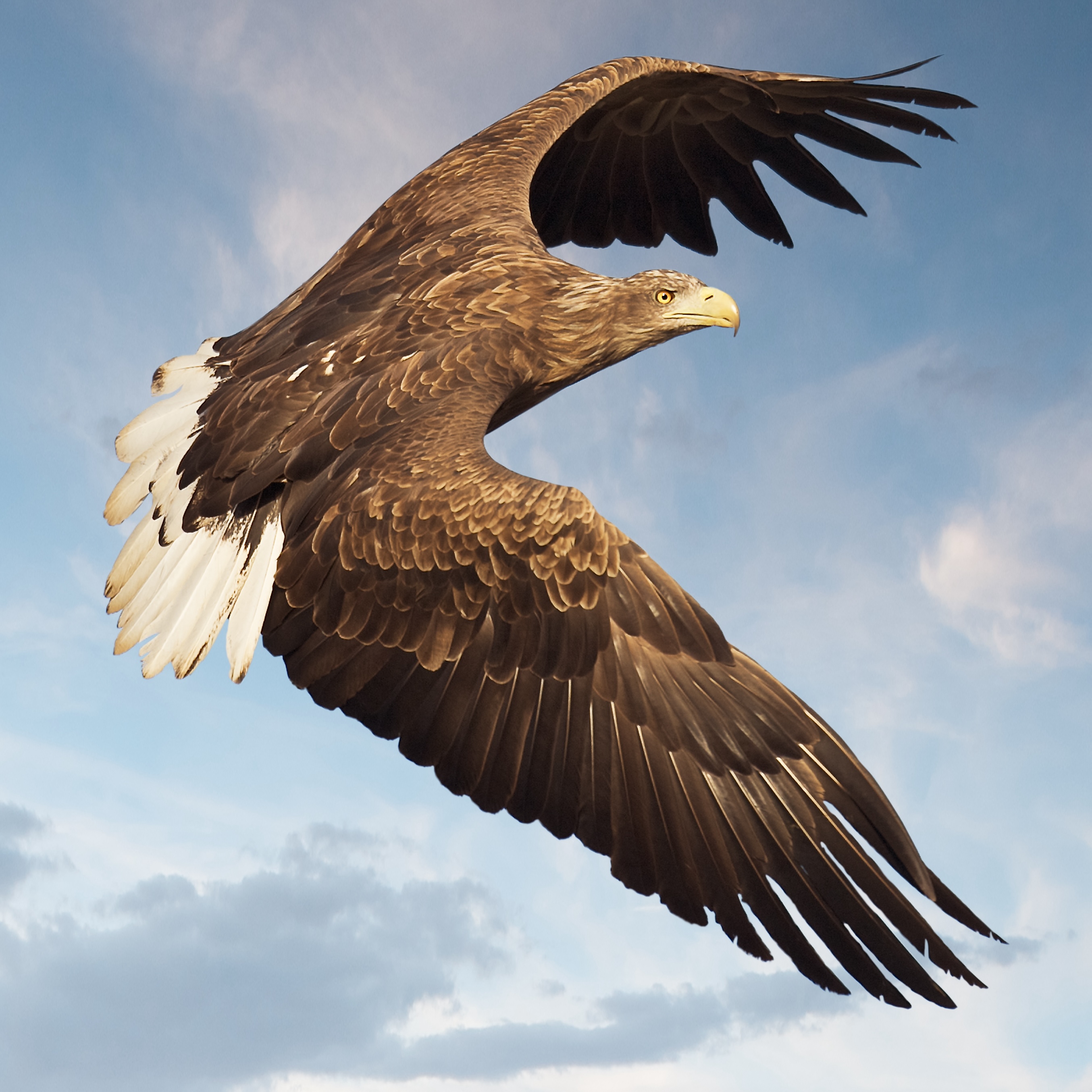 White-tailed eagles could soon soar free in southern England
White-tailed eagles could soon soar free in southern EnglandNatural England is considering licensing the release of the raptors in Exmoor National Park — and the threat to pets and livestock is considered to be low.
By Jack Watkins
-
 Britain's whale boom and and the predator that's far scarier than a great white shark, with wildlife cinematographer Dan Abbott
Britain's whale boom and and the predator that's far scarier than a great white shark, with wildlife cinematographer Dan AbbottThe wildlife cinematographer Dan Abbott joins us on the Country Life Podcast.
By Toby Keel
-
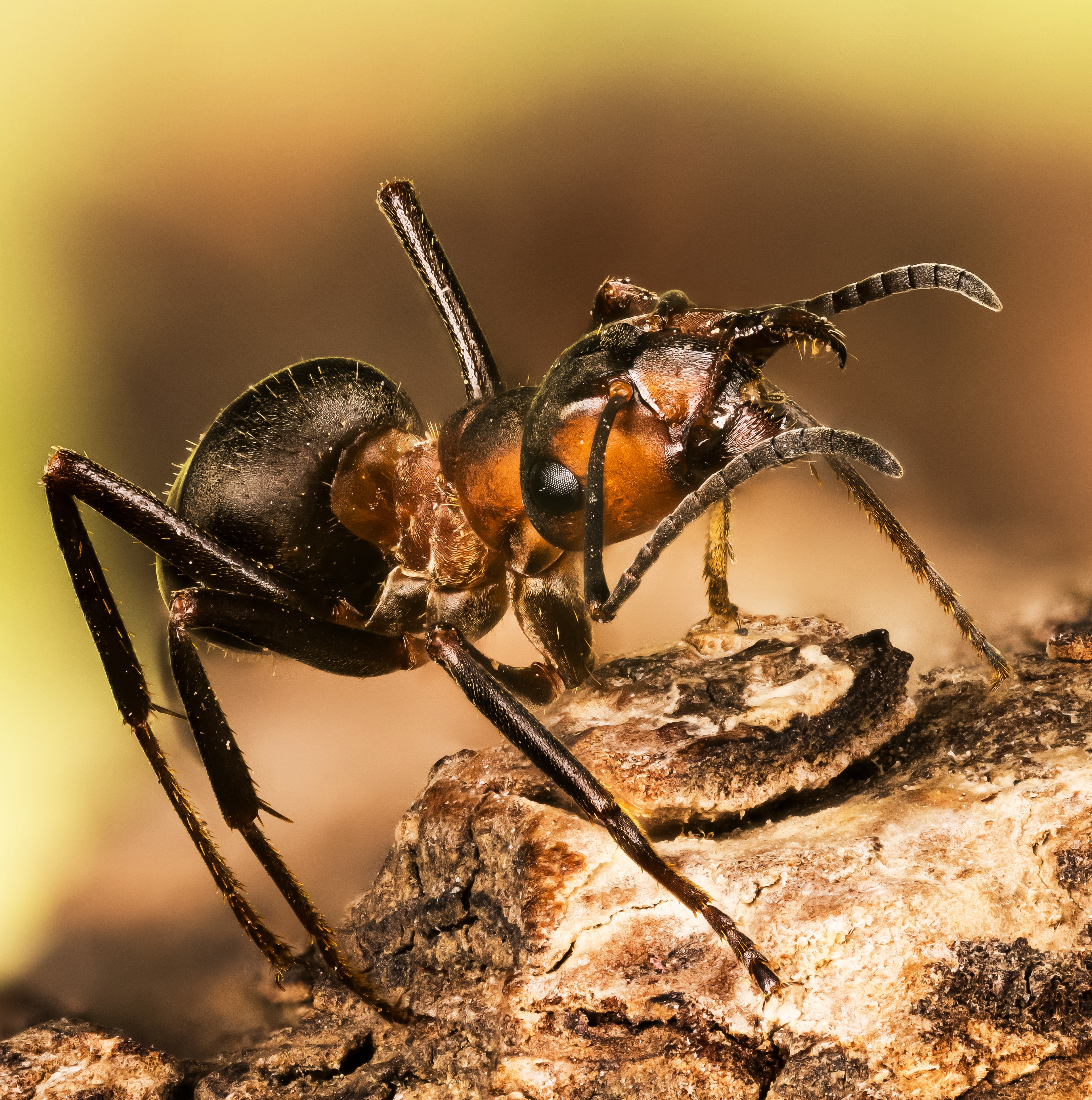 'They are inclined to bite and spray acid to protect territory': Meet the feisty red wood ant
'They are inclined to bite and spray acid to protect territory': Meet the feisty red wood antBy Ian Morton
-
 The King wants YOU: His Majesty's call-to-arms for under-35s across Britain
The King wants YOU: His Majesty's call-to-arms for under-35s across BritainThe King’s Foundation has launched its ‘35 under 35’ initiative — a UK-wide search for ‘the next generation of exceptional makers and changemakers’ who want to work holistically with Nature.
By Amie Elizabeth White
-
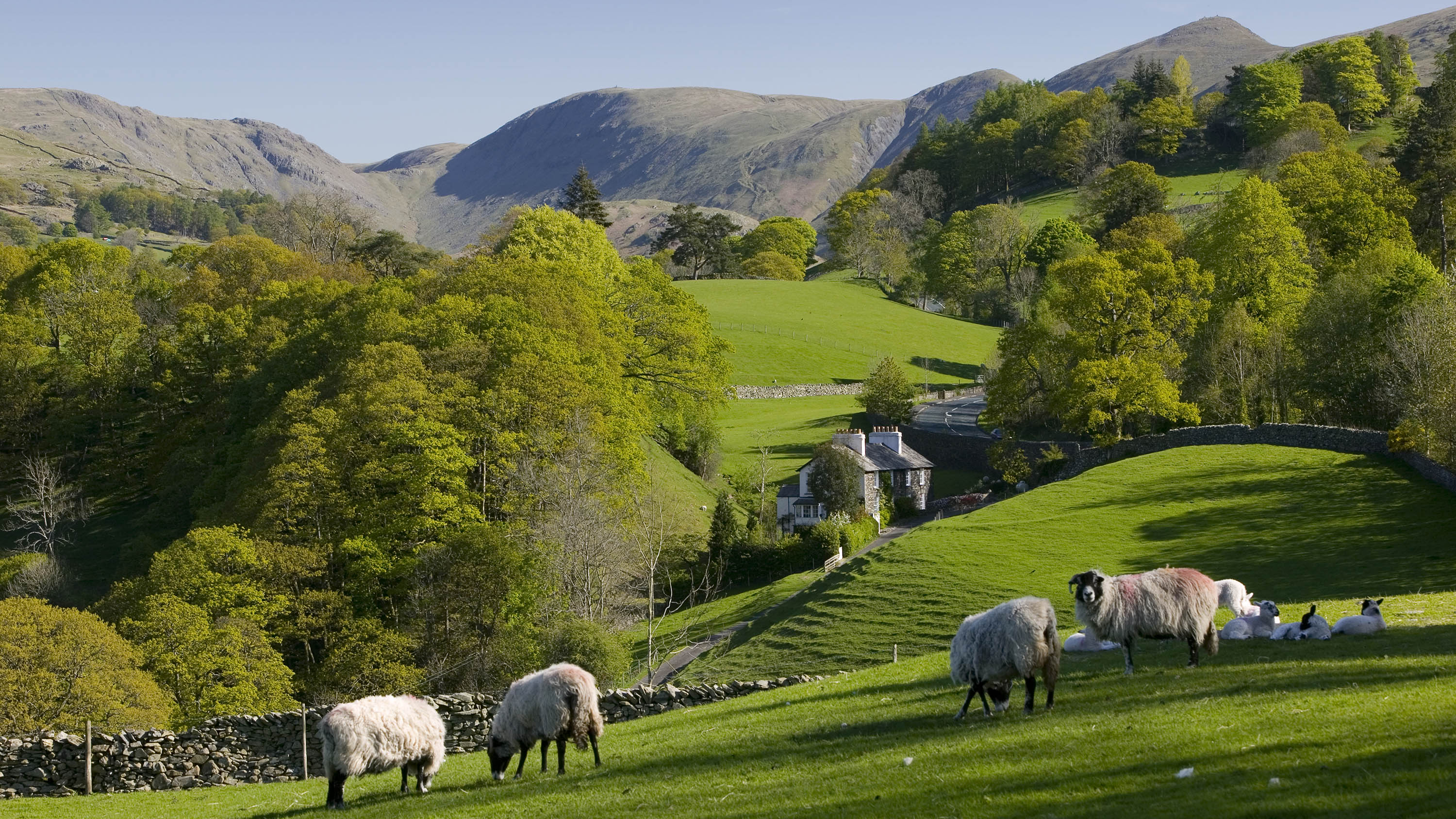 'A big opportunity for a small, crowded and beautiful country': Fiona Reynolds on how the Land Use Framework can make Britain better
'A big opportunity for a small, crowded and beautiful country': Fiona Reynolds on how the Land Use Framework can make Britain betterThe Government’s Land Use Framework should be viewed as an opportunity to be smarter with our land, but conflicts need to be resolved along the way says Fiona Reynolds, chair of the Food, Farming and Countryside Commission.
By Fiona Reynolds